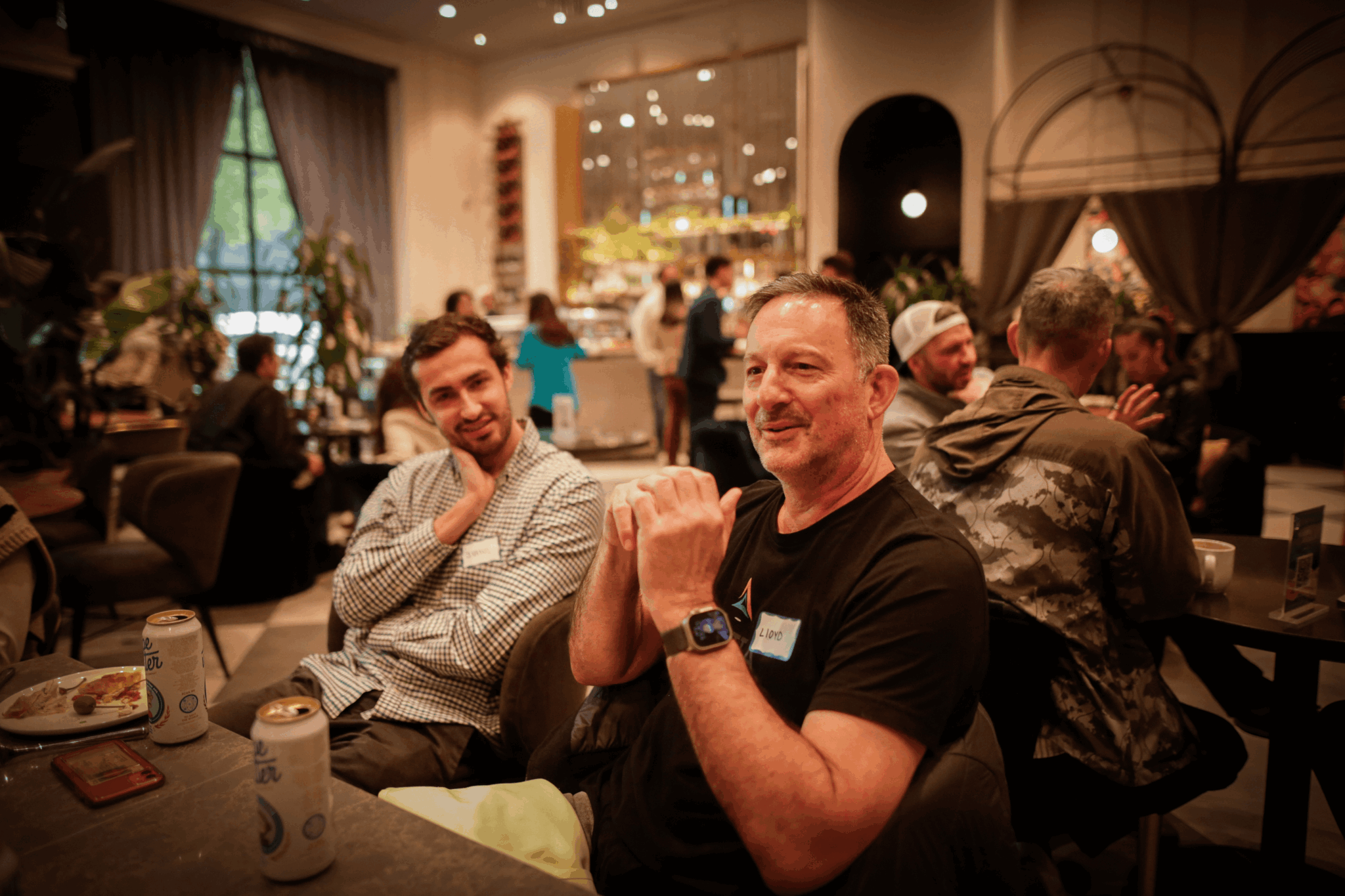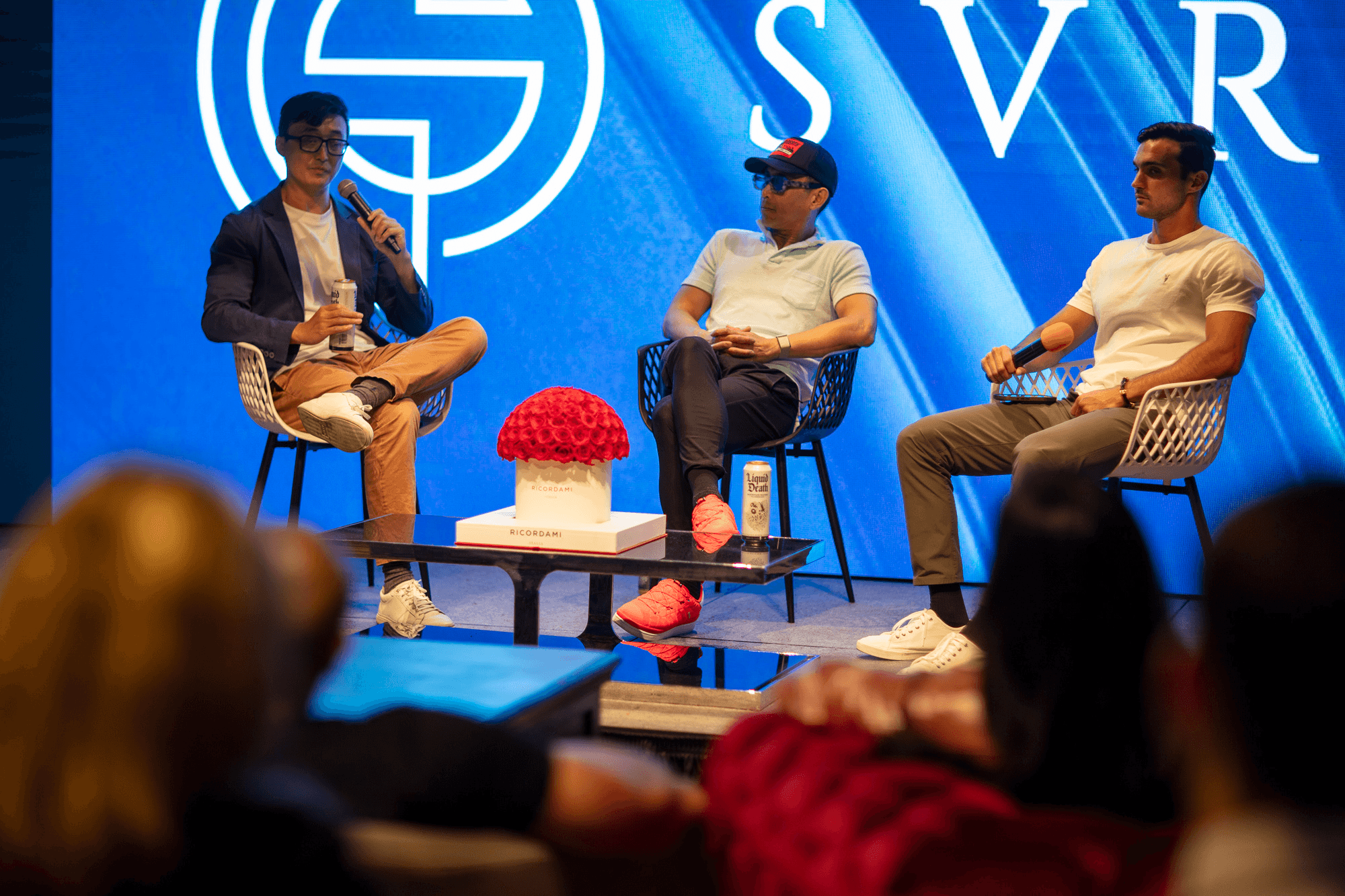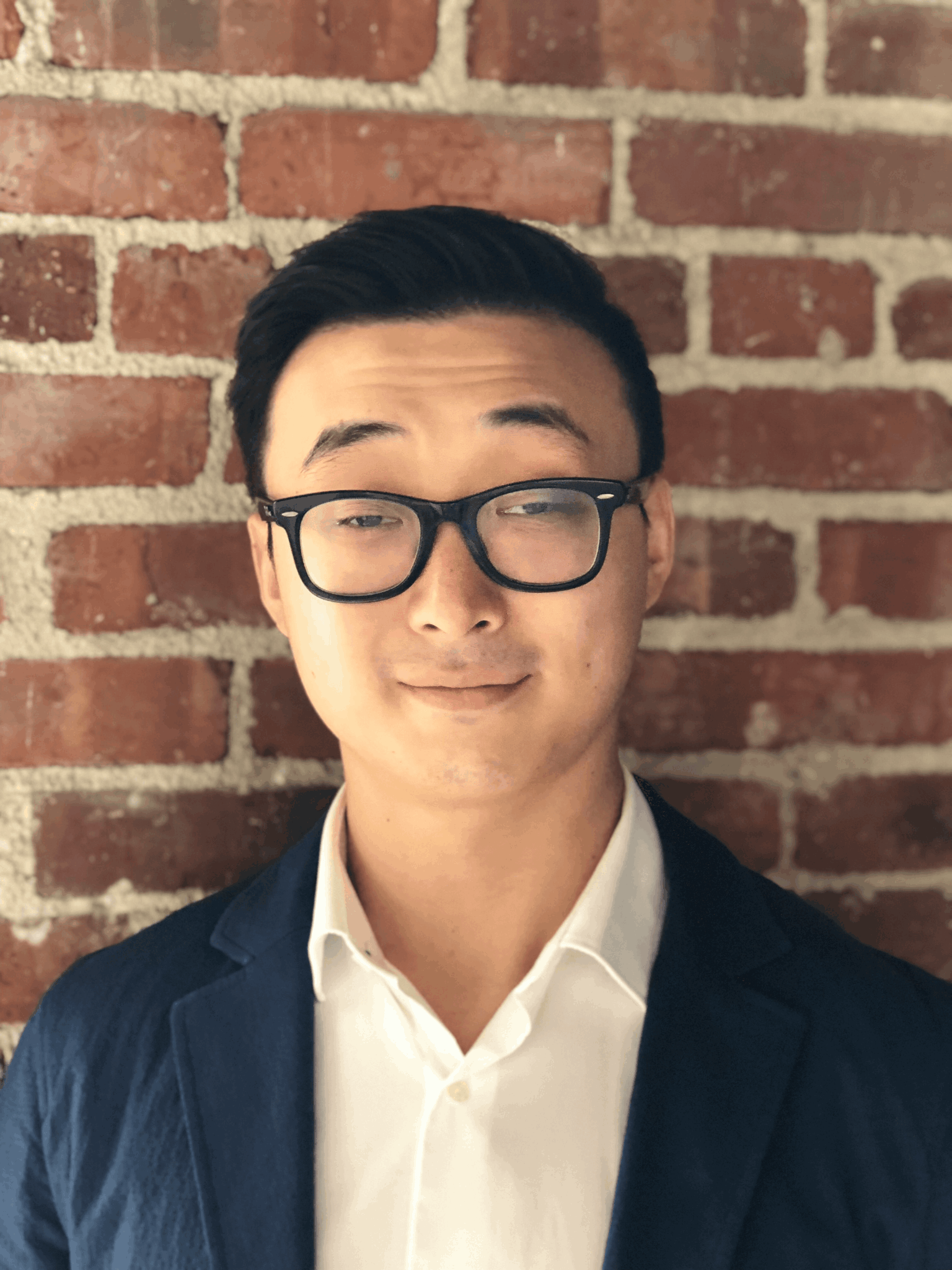We were lucky to catch up with David Li recently and have shared our conversation below.
David, thanks for joining us, excited to have you contributing your stories and insights. Can you tell us about an important lesson you learned while working at a prior job?
My prior job at HBO was incredibly important as it provided me with a deep understanding of the crucial aspects of building an audience and brand. Working within an organization such as HBO, I witnessed firsthand the meticulous efforts and strategic planning involved in captivating and retaining a diverse viewership. It underscored the importance of creating compelling content that resonates with audiences while maintaining a strong and consistent brand identity. The perpetual challenge remains: if we don’t have an audience, how do we get them? Once we have an audience, what do we do with them?
Moreover, HBO’s business highlighted the power of distribution. I learned how vital it is to leverage various distribution channels effectively to reach broader audiences and maximize content impact. This role fundamentally shaped my perspective on the intricate relationship between content creation, audience engagement, and distribution strategies.
Drawing from my experience at HBO, I applied the lessons of audience and brand building to create a robust social ecosystem for founders and investors. We started by identifying the fundamental need: recognizing that investing is often an emotional decision heavily influenced by trust and qualitative assessment. To address this, we created a social platform tailored for this audience, providing content that facilitates trust-building and relationship formation. The “content” in this context included intellectual events, media content, and social gatherings. By delivering consistent, high-quality content, we were able to establish a strong brand presence. This strategy ensured our content and brand were closely aligned, maintaining a trusted relationship with our audience and reinforcing our commitment to their needs.
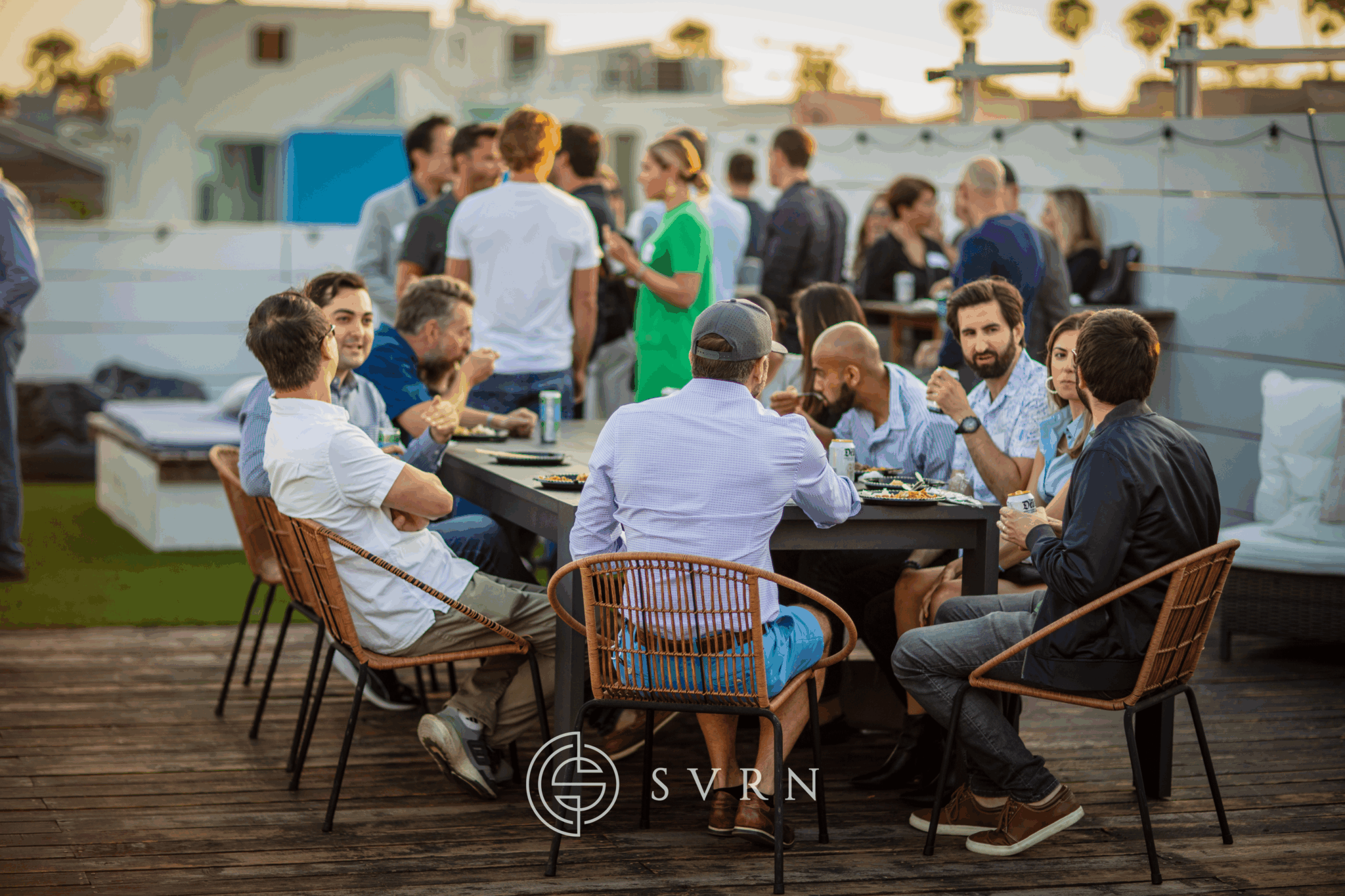
Great, appreciate you sharing that with us. Before we ask you to share more of your insights, can you take a moment to introduce yourself and how you got to where you are today to our readers.
I am a first-generation Chinese immigrant from Northern China, and I moved to the States when I was 14 years old. Growing up in China, I always dreamed of becoming a writer, believing that creative language was a powerful tool for forging deep connections between people. Even as a young child, connecting people through storytelling made logical sense to me because the satisfaction after the fact was too visceral to ignore.
However, that dream was temporarily dashed as I struggled to learn English in my new environment. Like many immigrants, I followed a rather conventional path, graduating from college and entering the workforce with a job that commanded attention and prestige among my peers. At the same time, I struggled tremendously in mental health because I didn’t know how to come out of the closet, and I was spiritually paralyzed and physically disabled due to my chronic autoimmune disease. But the worst of them all was a lack of direction. I didn’t know who I was and what I loved.
I always imagined that the path toward success would be fundamentally different in America’s individualistic culture. However, I quickly learned that most people were facing the same dilemma – do I do the things that I love, or do I do the things that make money? I chose the latter after graduating from USC with a finance major and found my way into the entertainment industry. Over a decade, I have gained deep insight into the entertainment business, which integrates tech innovation, creativity, and distribution and media operation. My tenure at HBO was especially impactful as I learned how to integrate these verticals to create an audience platform.
Although my position at HBO was everything I wanted in a corporate environment, I also came to terms with the fact that this is not what I love. As a first-generation immigrant, it felt anticlimactic to stop short of a predictable and comfortable life path. I have come too far. So, I left my established path in entertainment and became an entrepreneur in early 2019.Through a series of fortunate and unfortunate events, I met my current cofounder and created SVRN, applying the entertainment operation and strategy to the venture investment ecosystem.
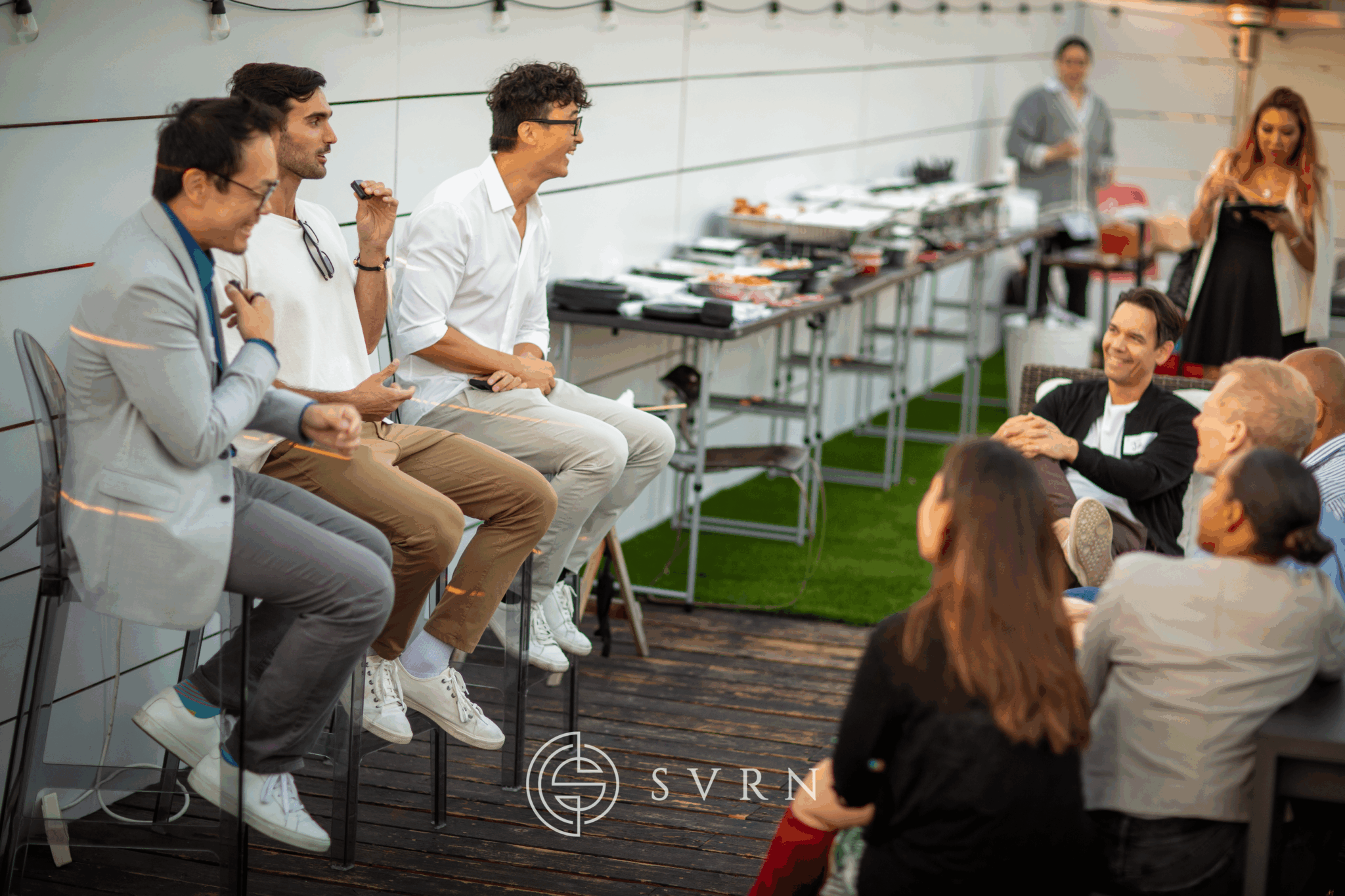
What’s a lesson you had to unlearn and what’s the backstory?
Things are never as simple as they seem.
This statement is wise, and I have learned many lessons that resonate with this forewarning. It forces one to adopt a resilient attitude toward challenges and establish an expectation that we must be long-term focused to see the results.
However, I have to unlearn this once you establish who you are and what you are about. When you know you are ready to take on more to explore uncharted territory, then you must adopt an attitude that things are easy.
Such a perspective is rare because only people who execute can wield that sense of confidence and ease. Ultimately, that is what investors are investing in.
With this example, I would draw a broader conclusion – we must be critical and reexamine all the lessons we have learned to create new perspectives.
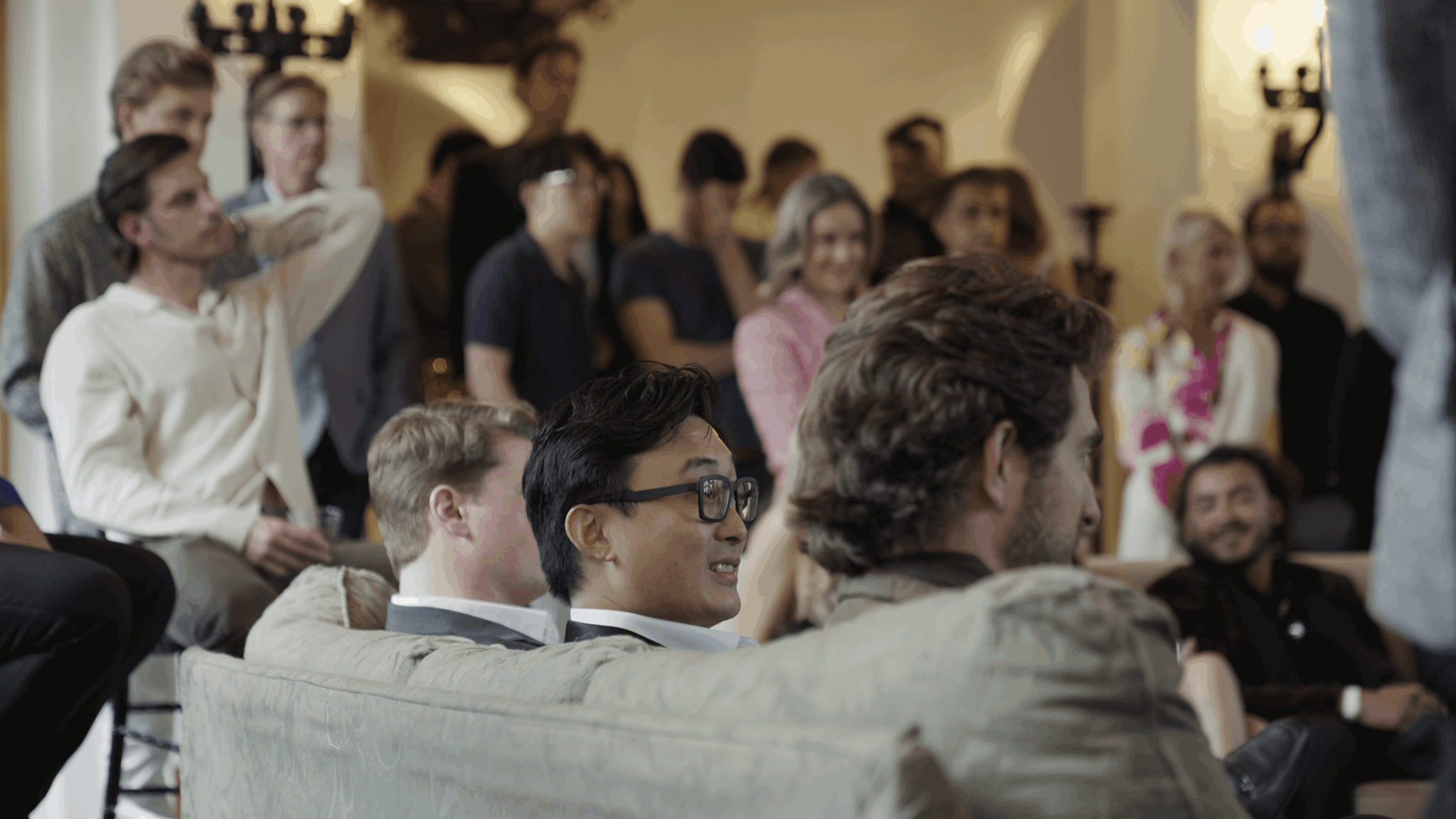
Can you tell us the story behind how you met your business partner?
I met my cofounder, Ben Spievak, during the pandemic. We were both pulled in by a third cofounder to handle operation and marketing. There were many yellow flags – signs of suspicious social behaviors. Coming from an abundant mindset and compassionate point of view, we all ignored those early warnings. My cofounder led the first round of fundraising, and within 6 months, the 3rd cofounder started to steal the corporate fund. Upon discovering this transgression, we swiftly fired him. For the next 5 months, Ben and I operated the business relentlessly, working with very limited funds to build a strong brand. It was through that trial by fire that we understood each other and built a deep relationship based on trust.
In retrospect, I learned that we must pay attention to the yellow flags when assessing people because our brains pick up a lot more signals than we can consciously process. In the same vein, people who are dependable, ambitious, and hard-working are the foundation of trust, regardless of whether you agree with them or not. Much like dating and marriage, we cannot foresee the future changes. So embrace the impact and identify the people who you can trust and respect when facing hardship.
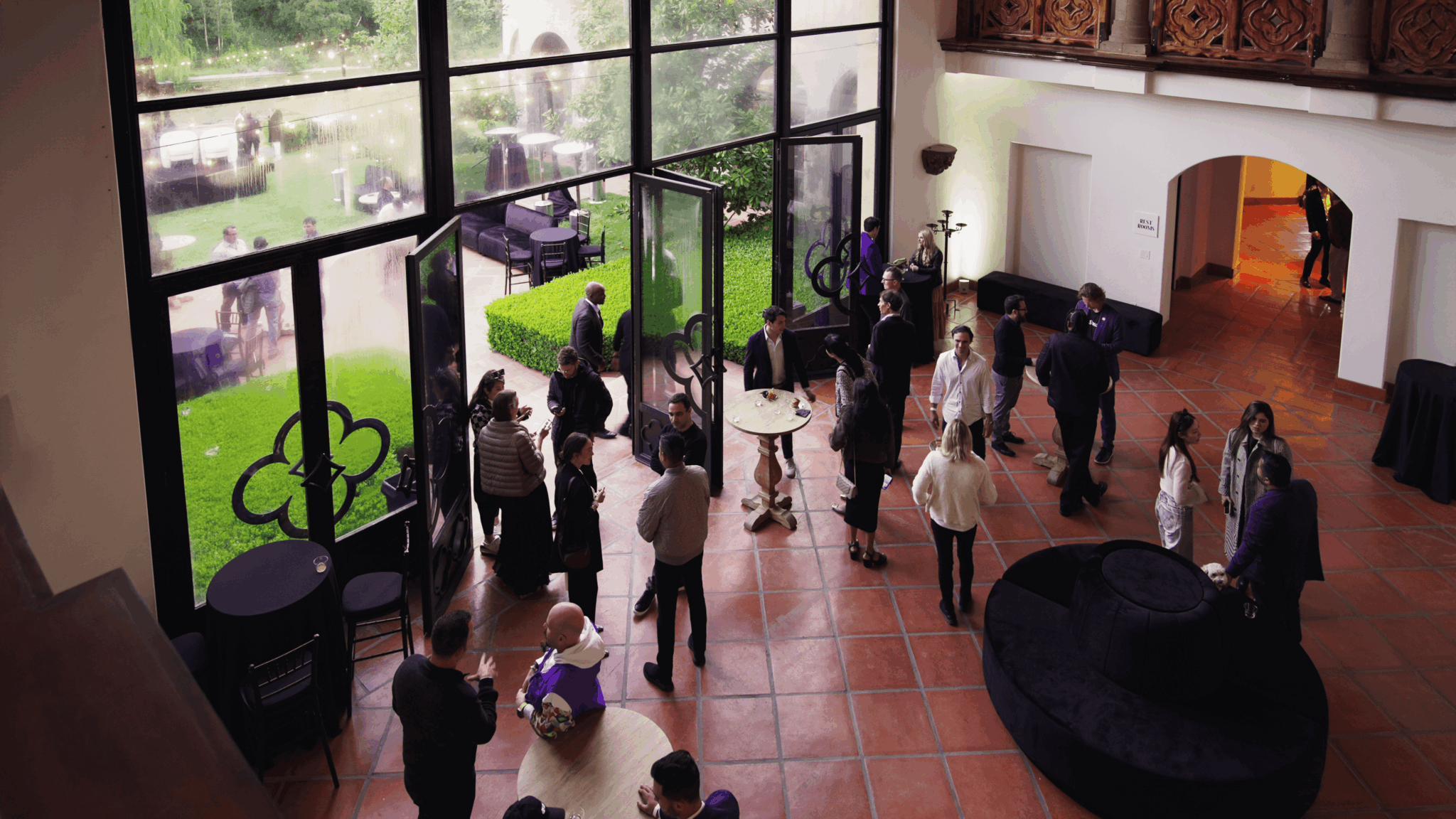
Contact Info:
- Website: www.svrnventures.com
- Instagram: @hangeer
- Linkedin: www.linkedin.com/in/davidzhaoli
